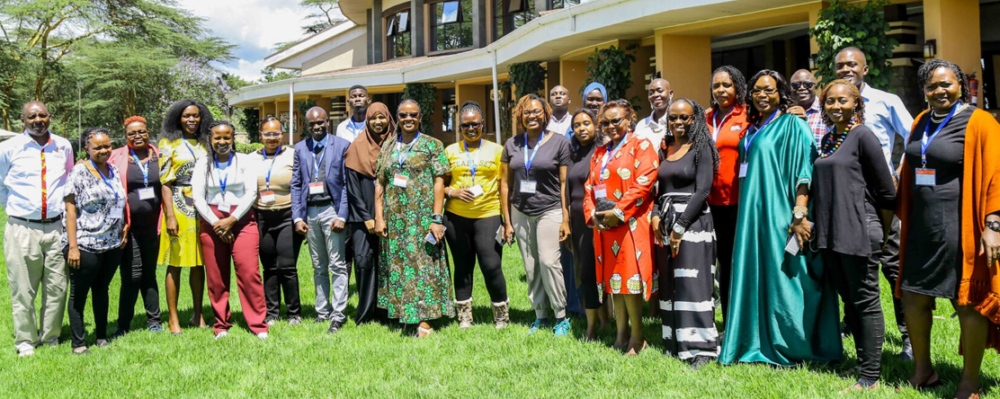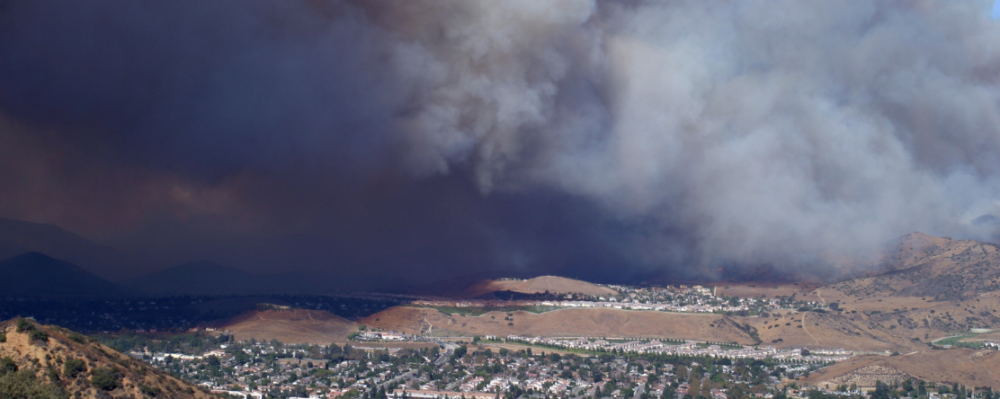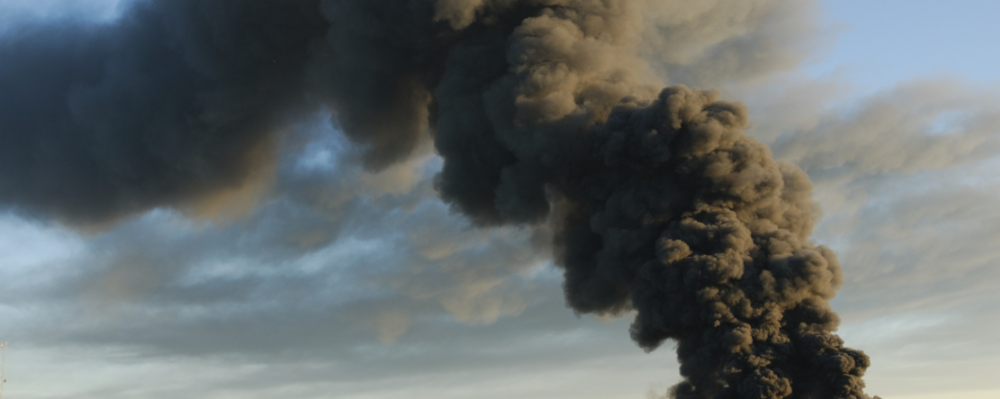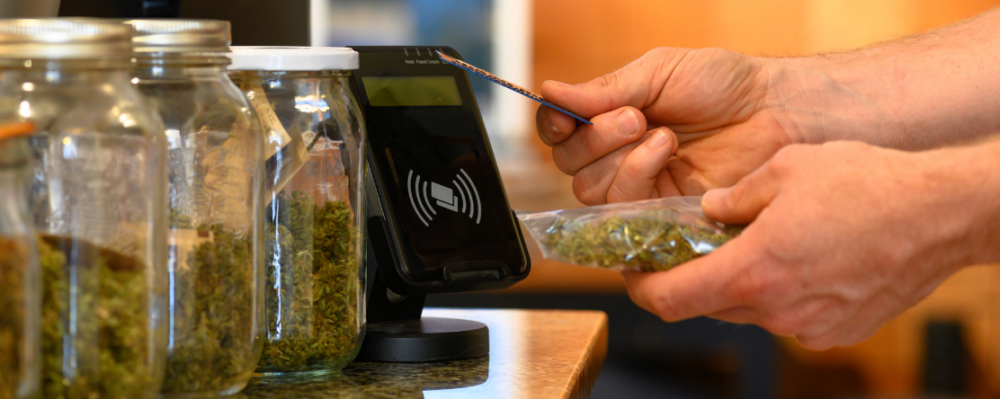
In the News
COVID-19 Contact Tracers in Spokane are Now Screening People for Mental Health Issues
- Seattle Times
-
Focus Areas
Alcohol, Tobacco, Drugs & Mental Health, Communicable Disease Prevention -
Issues
Mental Health -
Programs
Cypress Resilience Project, Tracing Health -
Strategic Initiatives
COVID-19
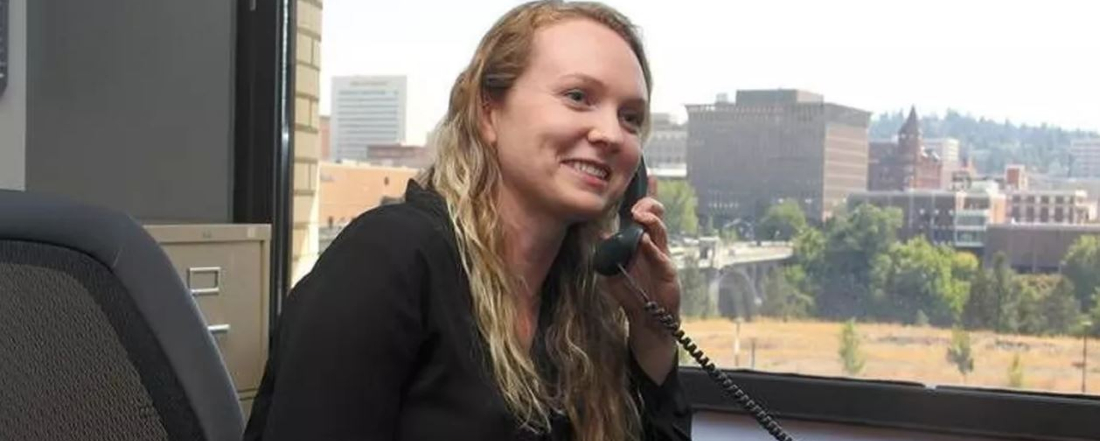
In recent months, contact tracing calls have been met with more strained responses, especially around the holidays, where a positive test result could mean winter holidays alone or even isolated from members of one’s immediate household.
That work is done on a daily basis by workers at the Spokane Regional Health District and the Public Health Institute, which the district contracted with to support its contact-tracing efforts earlier in the pandemic.
By the end of November, the Public Health Institute prepared for the combination of both seasonal depression and depression brought on by the pandemic’s disillusionment phase, and trained all of its workers in mental health first aid.
Brooke Briggance of PHI’s Cypress Resilience Project, who led the mental health training for Spokane contact tracers, said that training contact tracers is important because isolation due to the pandemic has likely exacerbated stress and anxiety for so many people.
“The very means to protect public health (like staying at home and not gathering) exacerbate existing mental health issues, so if I’ve already been battling anxiety or depression, social isolation will make it worse,” she said.
There are 36 contract tracers and supervisors, making up four teams, employed by the Public Health Institute in the Spokane area.
As the third wave of virus cases surged in Spokane County, their work pivoted to primarily case investigations.
Case investigations involve calling a person who tested positive for the virus, while contact tracing is calling the close contacts of a person who tested positive for the virus to alert them to exposure.
Back in the summer, 50 to 60 cases per day was considered busy for the Public Health Institute staff, said Eden Lopez, who leads the Spokane teams. But now, 100 to 150 cases per day is considered slow.
Spokane Regional Health District investigators are still doing case investigations for the highest-risk cases, like those people living in congregate settings, and PHI contact tracers are doing case investigations in lower-risk cases.
The surge in cases in Spokane County meant that the Public Health Institute added another team in late October, and in November, two teams from California supported Spokane’s efforts as case counts climbed.
The move to mental health training followed reports of what case investigators were hearing. Lopez said his team members were reporting difficult situations.
“We’re asking people to quarantine and to isolate, and their first question is ‘What about my job? What will I tell my employer?’” Lopez said.
On a daily basis, contact tracers are encountering people in the midst of stressful times already, with the pandemic affecting employment and financial security, not to mention health.
Some contact tracers reported back that some people they called were depressed or had suicidal ideation.
While contact tracers can connect residents to resources, they weren’t necessarily prepared to talk someone through a potential crisis or listen for signs of a person who might benefit from accessing mental health resources, should they want them.
Now, the Public Health Institute teams are trained and are “listening to certain cues they mention and connecting them to professionals and letting them know that there are resources out there; Lopez said. Public Health Institute workers can give out information to help with medical care and food, as well as make sure the health district’s care coordination team follows up with that person later.
Briggance said the institute realized that their team members needed to be trained, as well as offered resources to manage their own stress levels. They learned how to help a person if they’ve been triggered or needed more resources.
Ultimately, she said more community members with mental health first aid training will improve the health of the community long after the pandemic is over, too. ” Noting the national need for more mental health support, Briggance said,

Every time I certify people in mental health first aid, I get excited because I know they are going to use these skills.Brooke Briggance, Cypress Resilience Project
Originally published by Seattle Times
More Updates
Work With Us
You change the world. We do the rest. Explore fiscal sponsorship at PHI.
Support Us
Together, we can accelerate our response to public health’s most critical issues.
Find Employment
Begin your career at the Public Health Institute.
